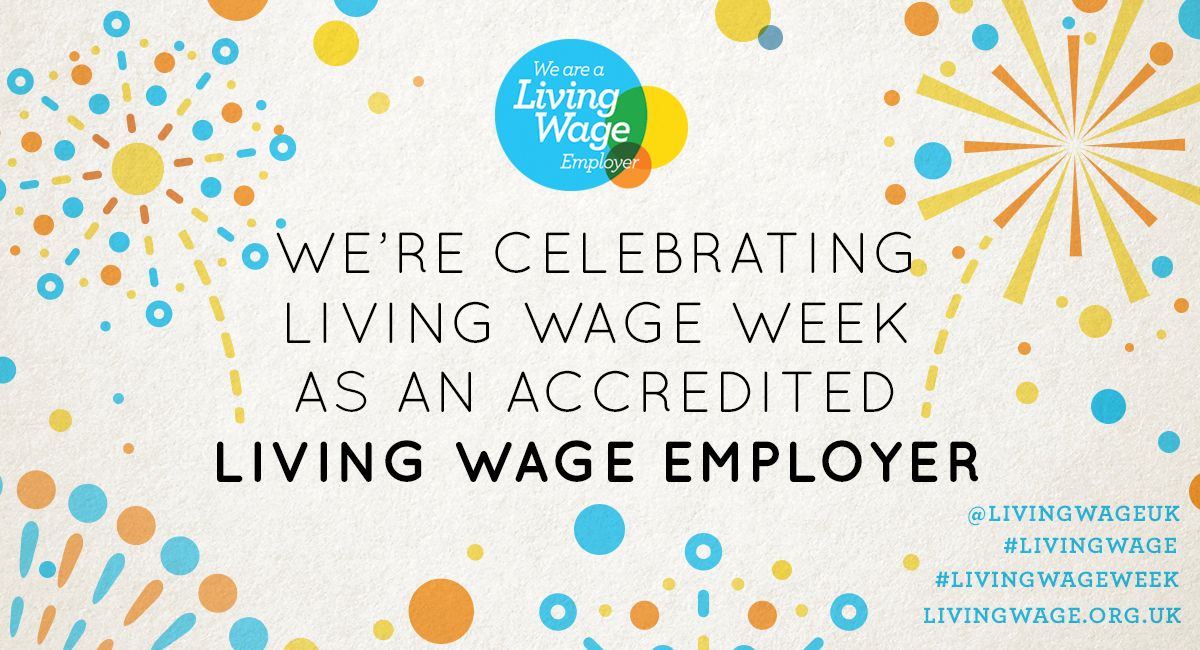
We all know that low pay is a persistent challenge for the charity sector. According to a 2017 report by the Living Wage Foundation, 26.2% of people working in the sector are paid less than the real Living Wage, compared with 22% across the workforce in general. This means that over a quarter of people working in an organisation which aims to improve people’s lives are themselves struggling to get by, with their pay falling below the cost of living.
As a funder, a fact such as this has to make us sit up and take stock. The reasons behind low pay may be complex but a key contributor must be funder practice. This has been borne out by interviews undertaken by the Living Wage Foundation, and is backed up by testimony from The London Community Foundation’s own funded groups. One group told us that they had to abandon their attempt to accredit as a Living Wage Employer because funders and commissioners did not provide adequate funding to pay staff at this level.
In 2016, in response to such challenges, The London Community Foundation became a Living Wage Funder, joining a growing movement of funders and commissioners. In doing so, we committed to funding staff roles at the level of the real Living Wage or higher and encouraging our grantees to become Living Wage Employers. Amongst charities, there can often be a perception that funders will expect costs to be minimal. Accrediting with the Living Wage Funder scheme sends a clear signal to applicants that we are ready to fund them at the level they need, not the minimum level that they can manage with.
As a Community Foundation, many of our grantees are small, grassroots groups. As such, paying the real Living Wage may not always be for them. Importantly, the purpose of the scheme is not to mandate the Living Wage but to encourage, and most of all, enable grantees to pay it. This is not about interfering in the day-to-day operations of our grantees. If a group does not want to increase the pay of a funded role to the real Living Wage because they could not sustain the rate beyond the life of the grant, then we do not force them to do so. But by ensuring grants are sufficient to pay the real Living Wage, and by promoting the real Living Wage, we are supporting our groups to take that step when they feel they are ready and able to do so.
And taking that step can be transformative for grantees. In feedback on our participation in the scheme, grantees have told us that paying the real Living Wage has resulted in higher staff retention, improved quality of personnel and importantly, higher staff satisfaction. In small charities where many workers feel unable to request a pay rise, the scheme’s introduction has improved morale. Staff feel valued and respected, and this in turn, gives them pride in their work. As one grantee pointed out, sufficient pay is about respect for their sector and those working in it. For many, paying the real Living Wage falls directly in line with their ethos and values, but as others highlight, it is only possible if sufficient funding is received.
Ultimately, change cannot be achieved by any one funder alone. We tend to just cover a small portion of a group’s expenditure for a limited amount of time. But none of us fund in isolation – we all share grantees, and therefore, as a united group, we have the capacity to make a difference. The more funders that commit to the scheme, the more confident our funded groups can be that they will be able to sustain the real Living Wage commitment in the long term. By coming together as funders and making this commitment, we can ensure that we are not part of the problem of low pay; instead we can be part of the solution.
This article was originally published on the London Funders website. For further information on the Living Wage Funder scheme, please visit The Living Wage Foundation’s website.
